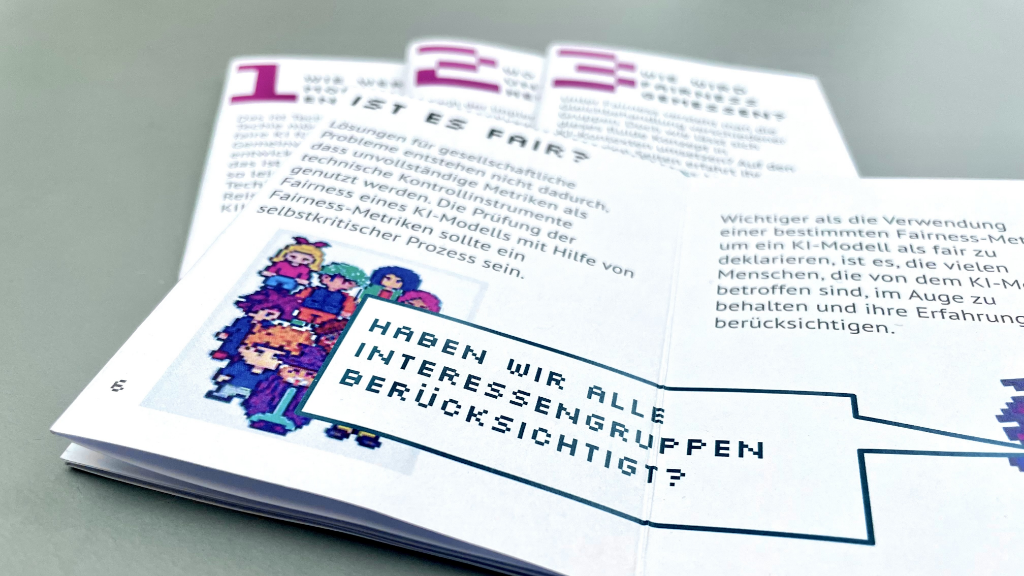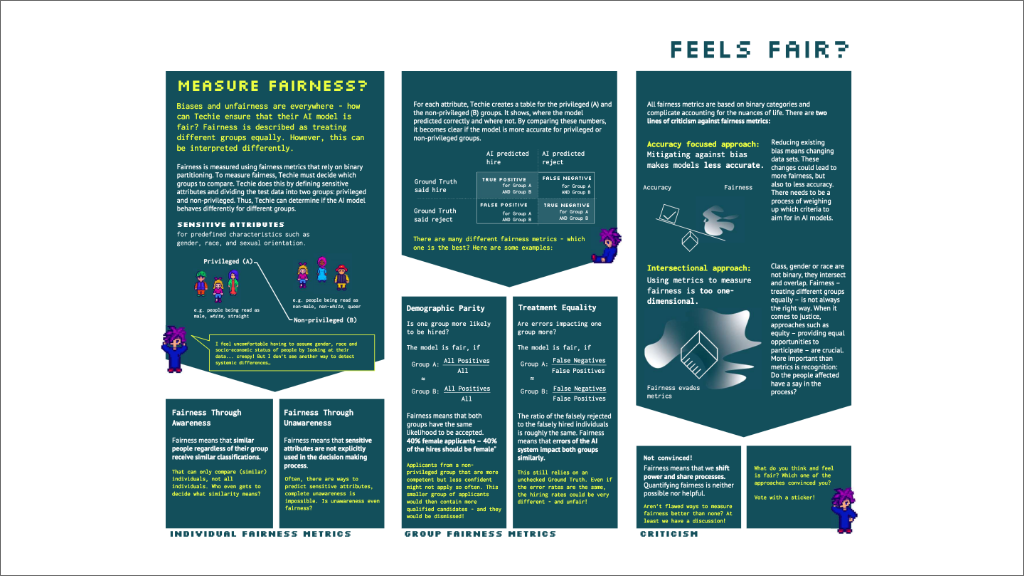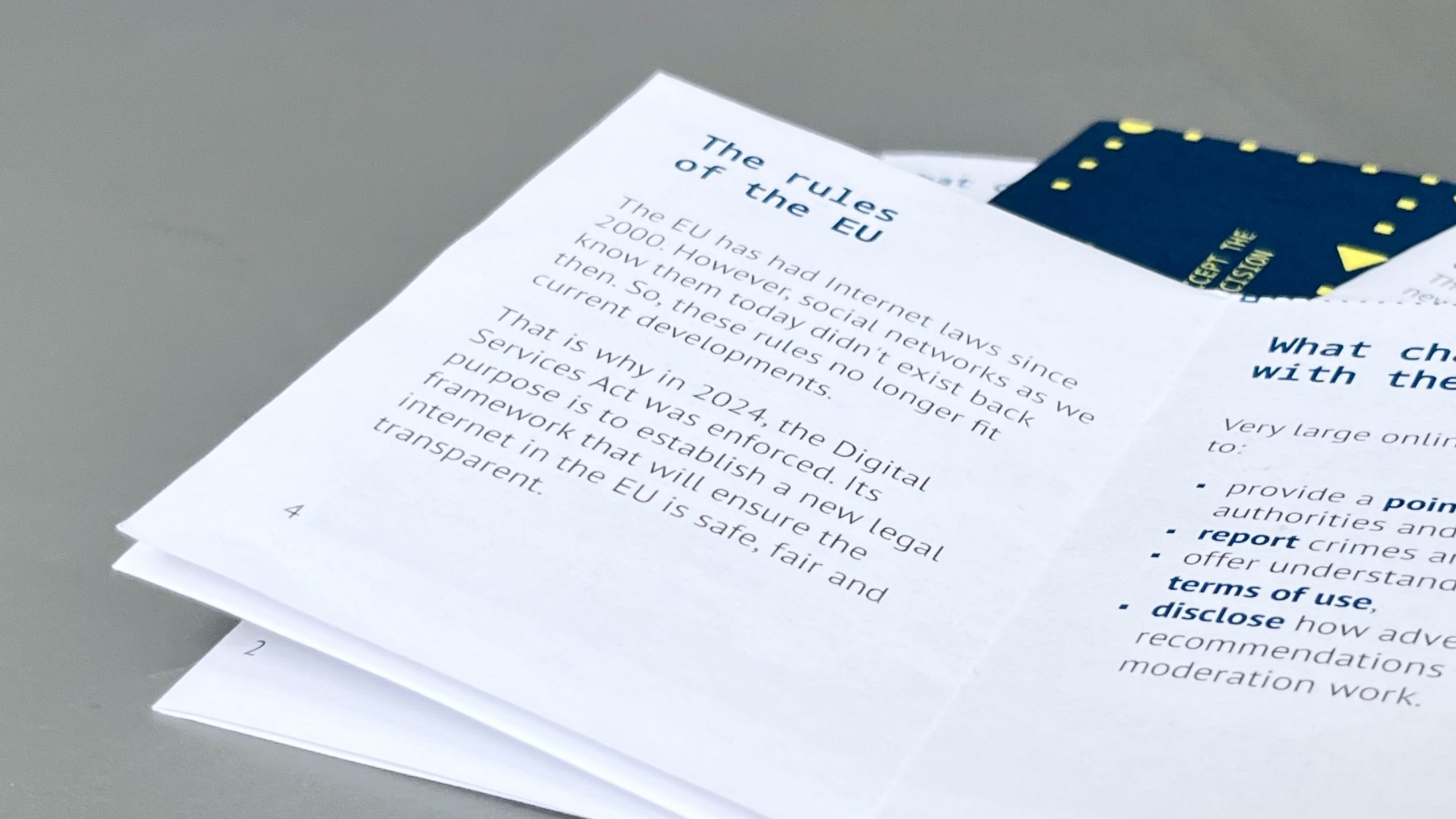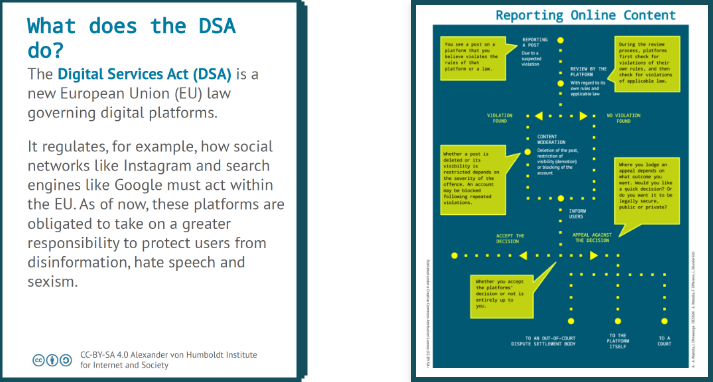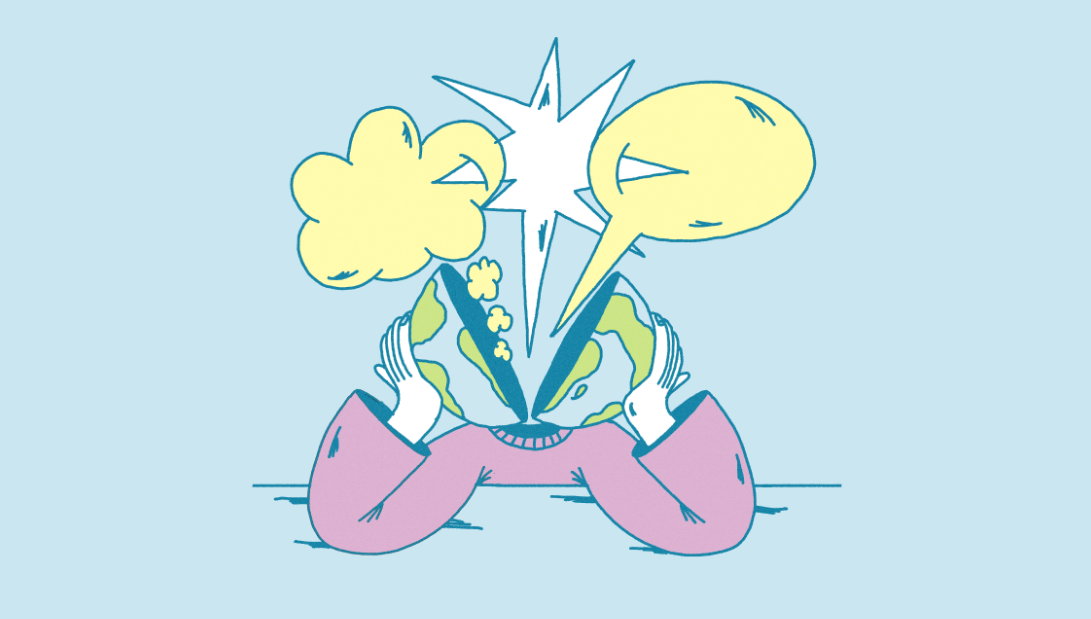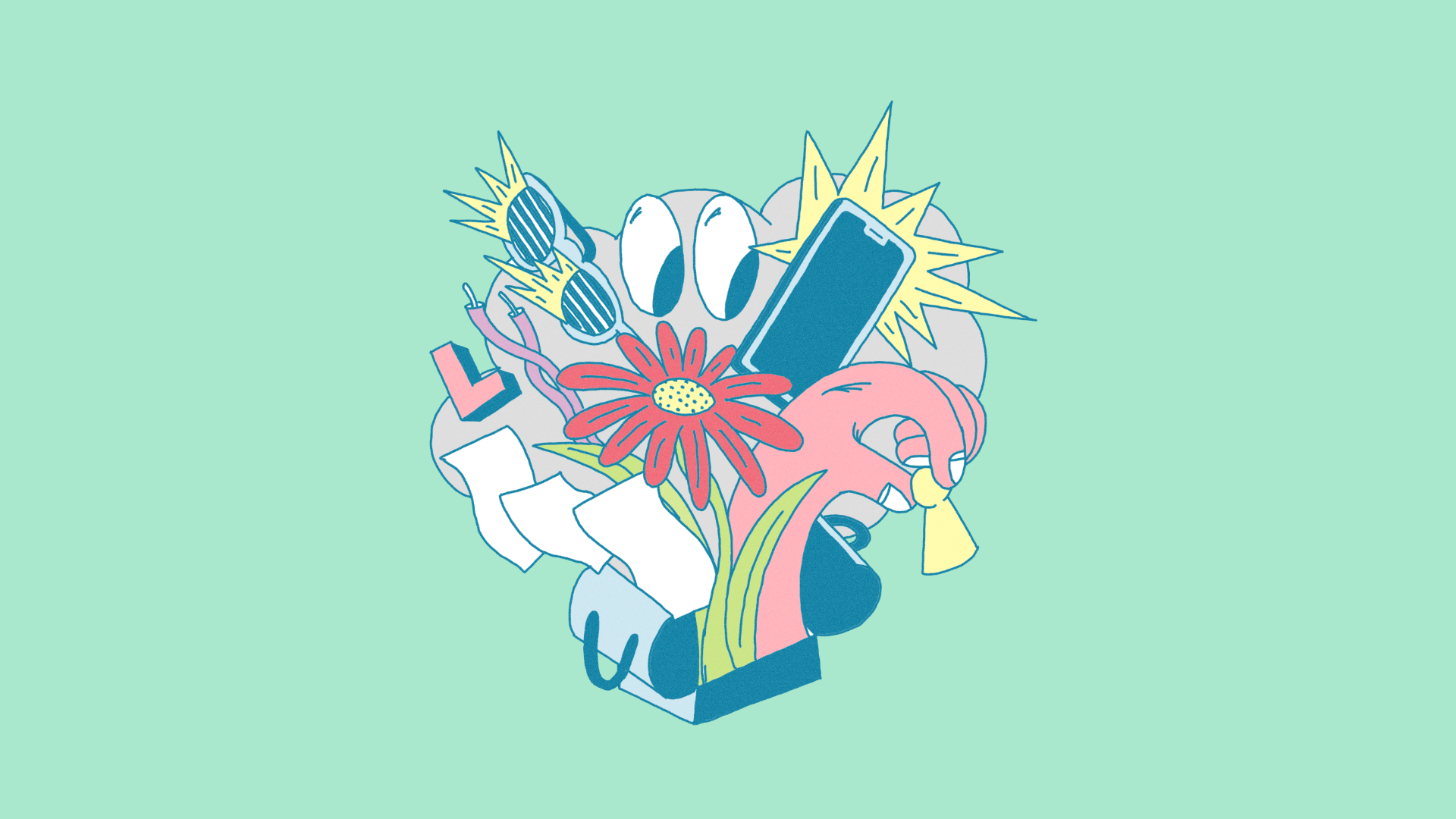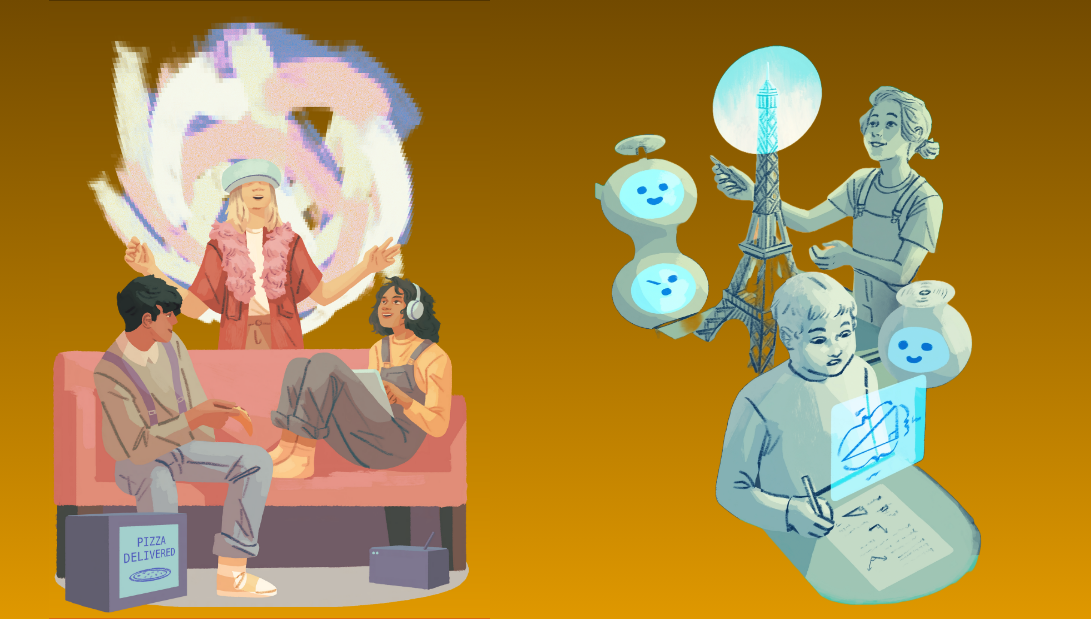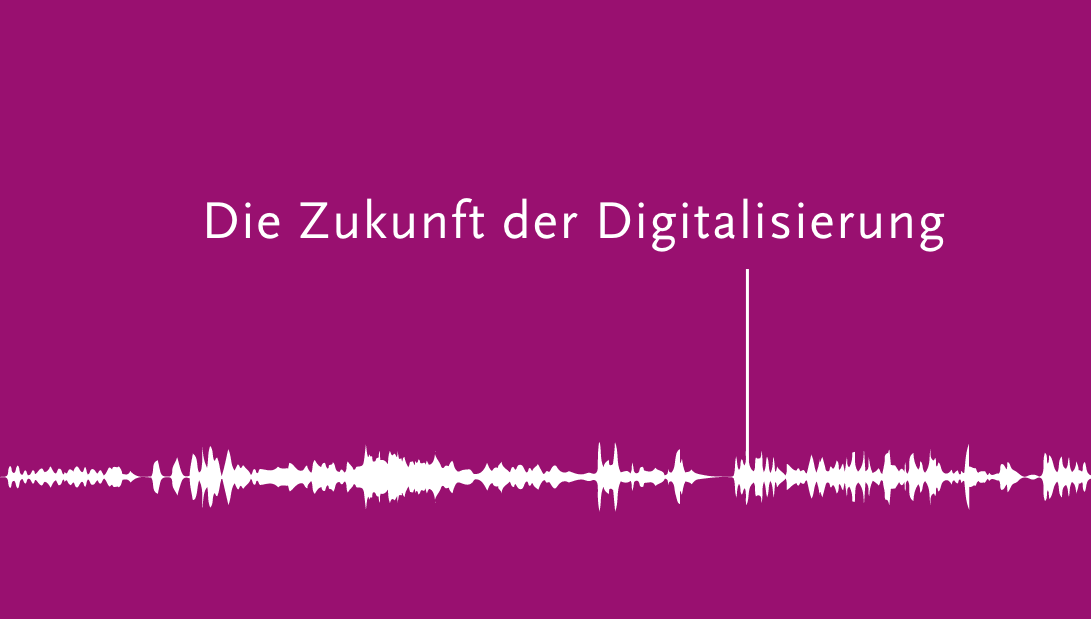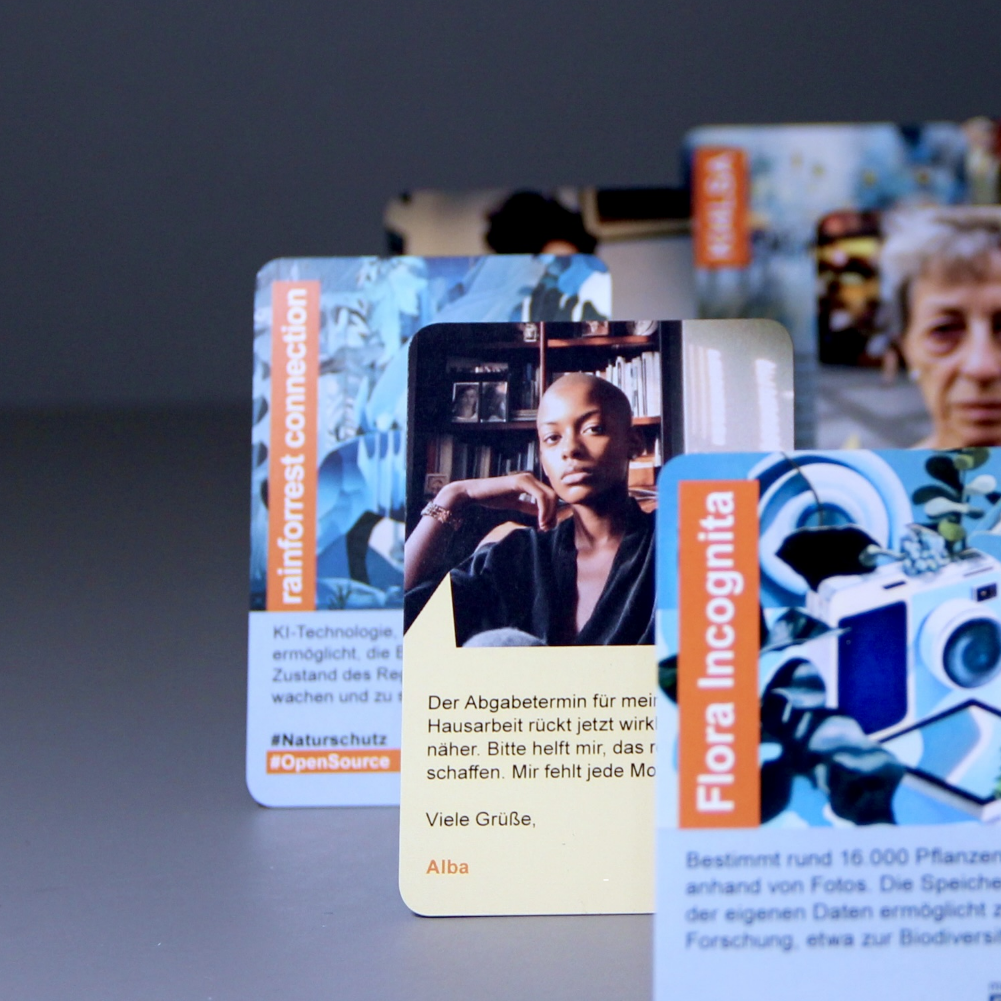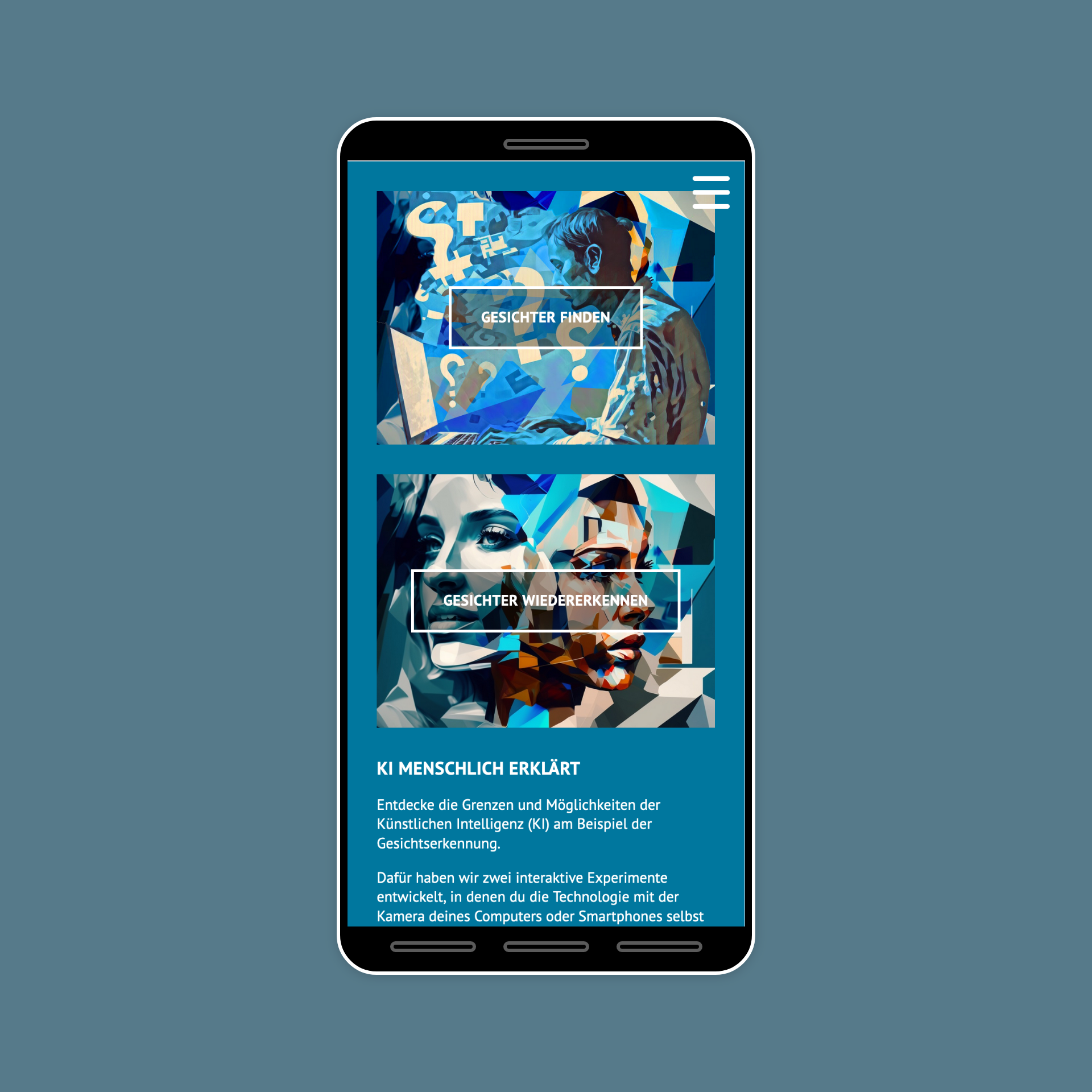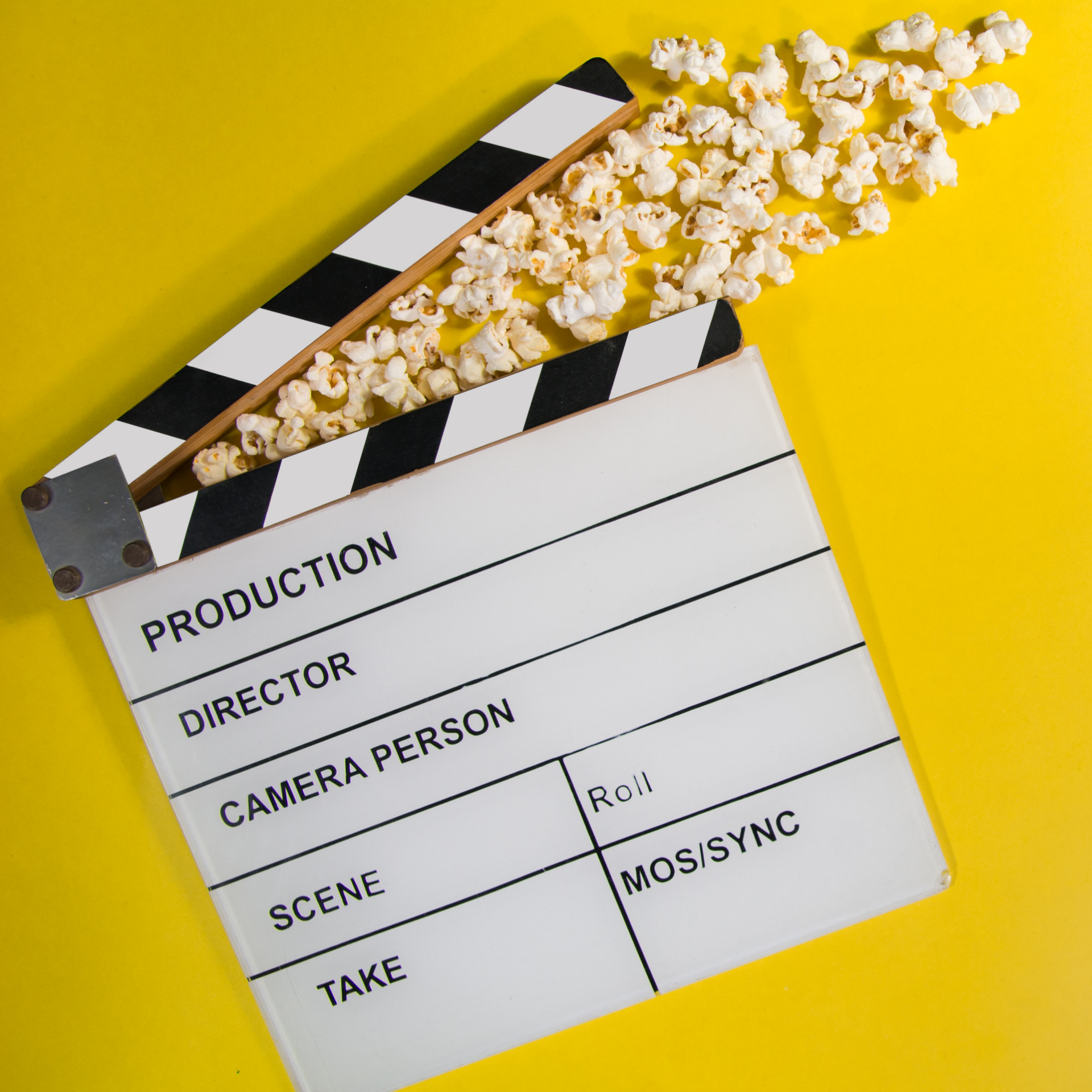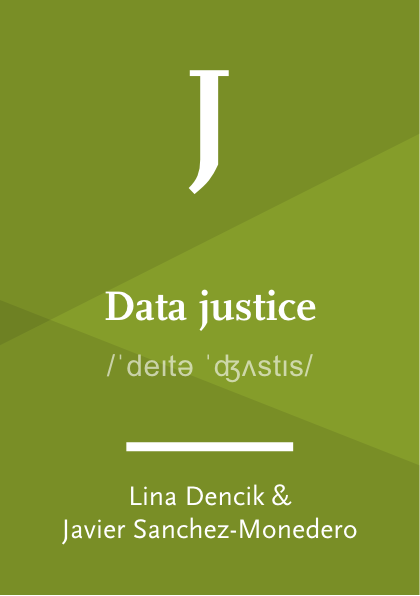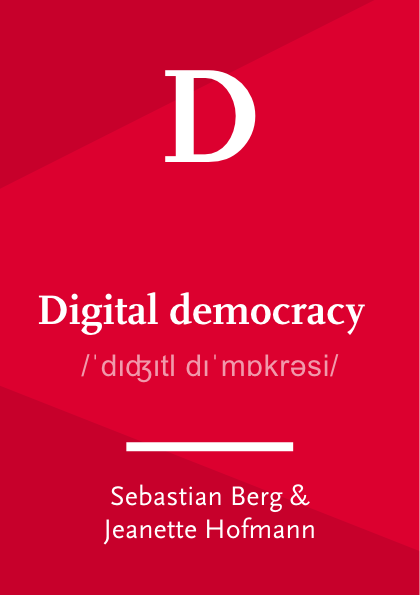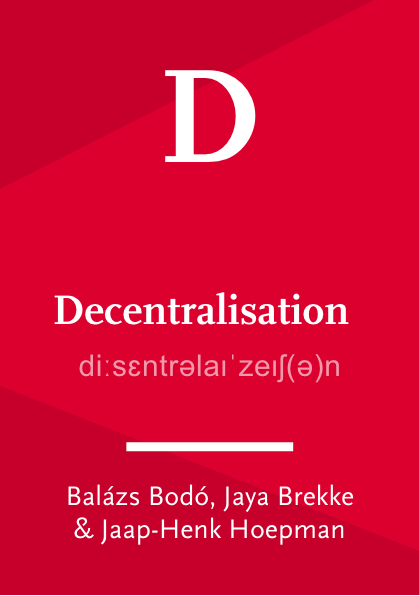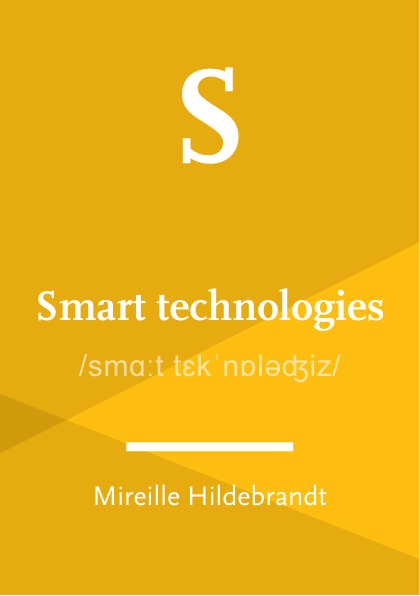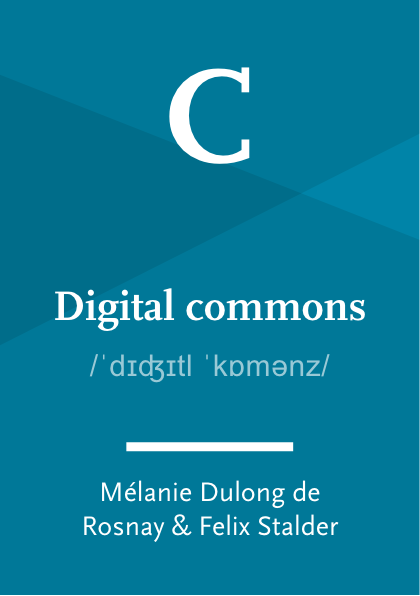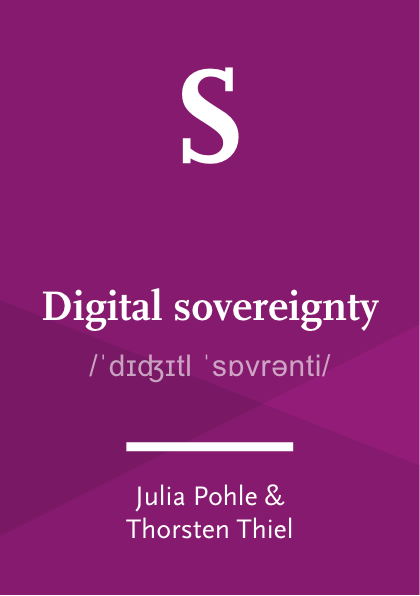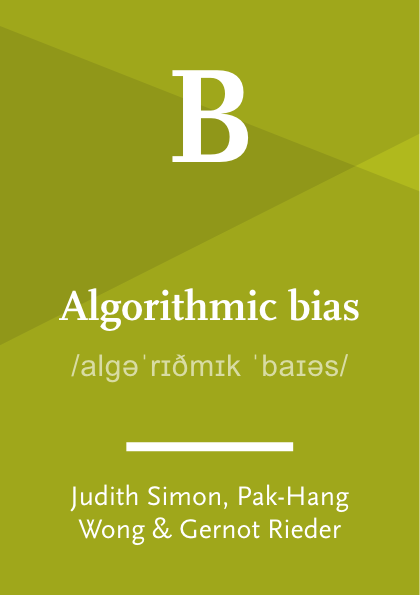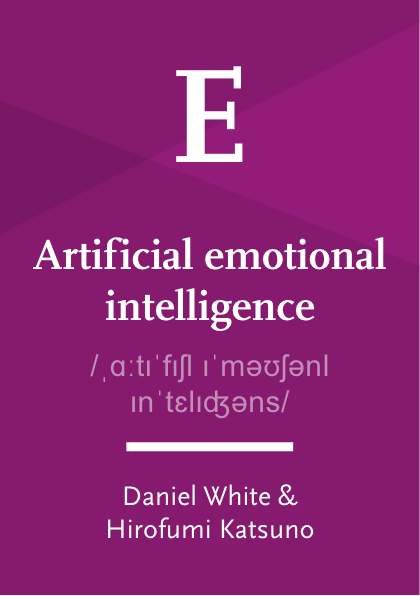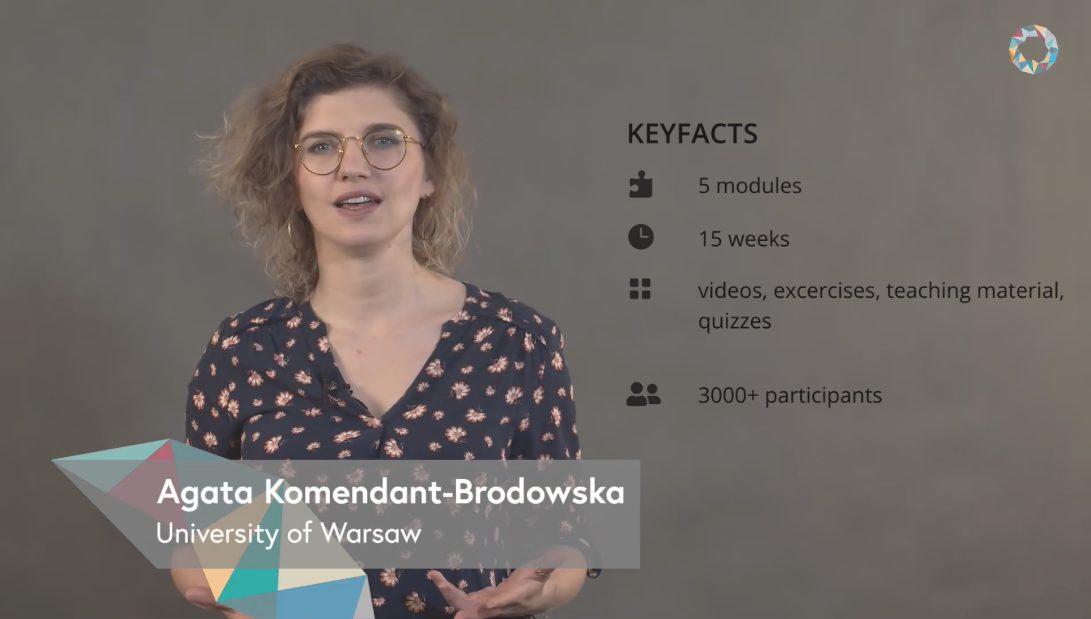
Open Educational Resources at HIIG
Under the principle of Open Science, the Alexander von Humboldt Institute for Internet and Society (HIIG) engages in a productive exchange of knowledge between scientific and social actors. This includes Open Educational Resources (OER), which are educational materials under an open licence. At HIIG, we are continuously developing a wide range of OER, including a lecture series, a future thinking toolkit and several games.
Why OER?
OER contribute to equity and sustainability in education by providing free access and the right to edit and republish materials. This benefits not only learners but also teachers, as they can save resources such as time sharing and reusing the materials.
Want to know more about OER? Here is a guide to creating, distributing and archiving, summarised by our researchers Katharina Mosene and Marcel Wrzesinski.
CONTACT
OPEN SCIENCE AT HIIG
What does the term open science mean and how can we make academic research more accessible, collaborative and transparent for all?
Concise articles presenting and critically discussing individual concepts of our digital society by various authors in our Internet Policy Review Journal.
